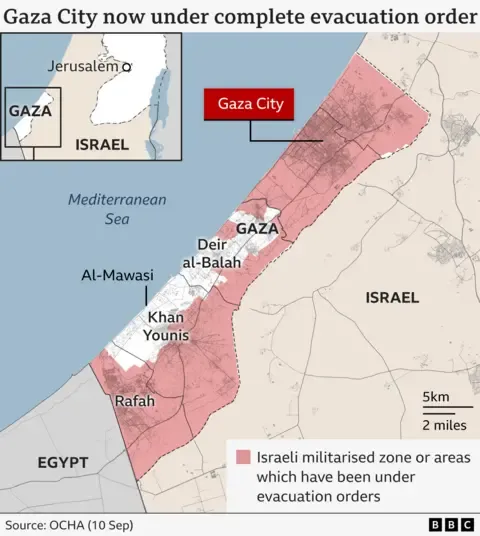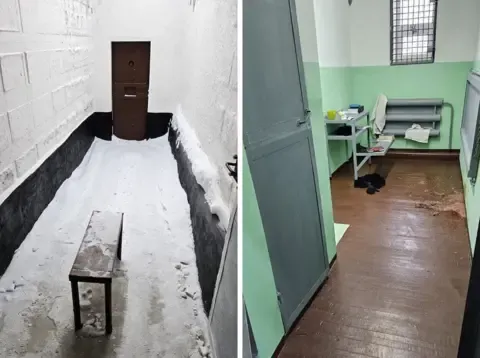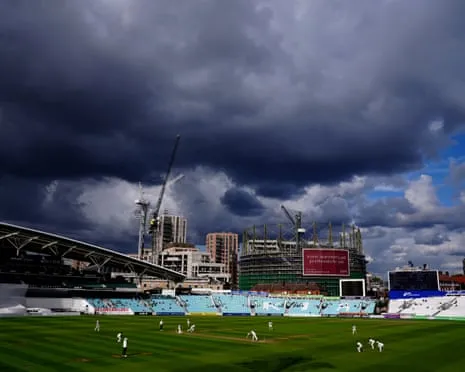Today's Top Highlights
Stay updated with the latest insights and trends in online gaming
News
 READ MORE
READ MORE
SL Benfica Involved in Discussions to Bring In José Mourinho Following Sacking of Former Manager

Kirk Jones
17 Sep 2025
News
 READ MORE
READ MORE
The Red Devils Report Record Revenue In Spite Of Subpar On-Pitch Form

Kirk Jones
17 Sep 2025
News
 READ MORE
READ MORE
Speed Enthralls: From Donald to Jofra Archer, Why Pace is a Spectacle Unmatched

Kirk Jones
17 Sep 2025
News
 READ MORE
READ MORE
Alexei Navalny's Widow Claims Laboratory Results Prove He Was Poisoned During Incarceration

Kirk Jones
17 Sep 2025
News
 READ MORE
READ MORE
Supreme Court Judge Questions Whether Americans Grasp the Distinction Between Leaders and Monarchs

Kirk Jones
17 Sep 2025
News
 READ MORE
READ MORE
It's ‘Game On’ for Kickoff, Claims Breakaway R360 League – However How Prepared Are They In Reality?

Kirk Jones
17 Sep 2025
News
 READ MORE
READ MORE
Status, Luxury, Diana – Donald Trump’s Longstanding Fascination for the British Royals

Kirk Jones
17 Sep 2025
News
 READ MORE
READ MORE
‘Radical Left Media’ Working to Harm the Nation, Alleges Trump.

Kirk Jones
17 Sep 2025
News
 READ MORE
READ MORE
US Attorney General encounters right-leaning backlash for pledge to investigate divisive language

Kirk Jones
17 Sep 2025
News
 READ MORE
READ MORE
Attack Killer’s Brother Questions Massacre Could Have Been Averted

Kirk Jones
17 Sep 2025
Recent Posts
 News
News
 News
News
 News
News
September 2025 Blog Roll
August 2025 Blog Roll
July 2025 Blog Roll
June 2025 Blog Roll
Sponsored News

News

News

News
Black Ferns Suffer Significant Blow as Key Athlete Ruled Out for Crucial Match
 Kirk Jones
Kirk Jones
17 Sep 2025

News
Thousands Palestinians Evacuate as Military Troops Move Deeper into Gaza City
 Kirk Jones
Kirk Jones
17 Sep 2025

News

News





